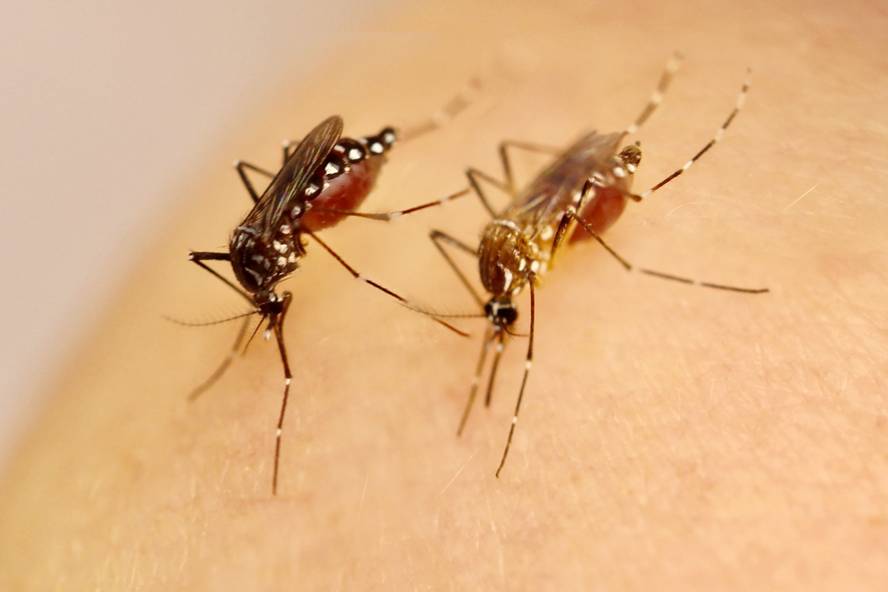The “domestication” of the mosquito that transmits the Zika virus has to become an epidemic

The research of the mosquito that transmits the Zika virus has provided keys to understand how human epidemics of the disease have occurred. Aedes aegypti is a mosquito that lived in the African jungles, but has never provoked an important epidemic, which has occurred when it opened out of Africa. Especially in Asia (since 2007) and America (since 2015). Researchers at the Pasteur Institute in Paris have clarified that the subspecies of American and Asian mosquito (Aedes aegypti aegypti) can transmit the Zika virus more easily than its African ancestor, and believe that the problem is due to the “domestication” of the mosquito. In fact, in the urbanized areas of Asia and America, the mosquito reproduces in the containers of collection of water and garbage, where it has specialized in human puncture, unlike Africa.
Both factors, that the mosquito is more sensitive to the virus and also specialized in human beings, do not seem to be influenced by a relaxed natural selection, since the arbobirus do not exercise a significant selective force on the populations of mosquitoes: in the jungle, the Zika virus infects various species of mosquitoes that inhabit there, at the same time that the Aedes aegyptel virus can only transmit to the animals. Therefore, researchers consider that the change is due to the adaptation to the living conditions of the urbanized areas of Asia and America.
At present, A. aegypti is the main vector of arbobirus in the world, since it transmits not only the Zika virus, the dengue virus and the yellow fever virus, but also new expanding arvovirus, such as the Chikungunya virus. According to the researchers, urbanization and globalization of natural areas can be the origin of the epidemic of these diseases. So far, little attention has been paid to the consequences of the domestication and global expansion of the mosquito, but the climate emergency is expected to spread outside the current zones. The research has been published in the journal Science.





